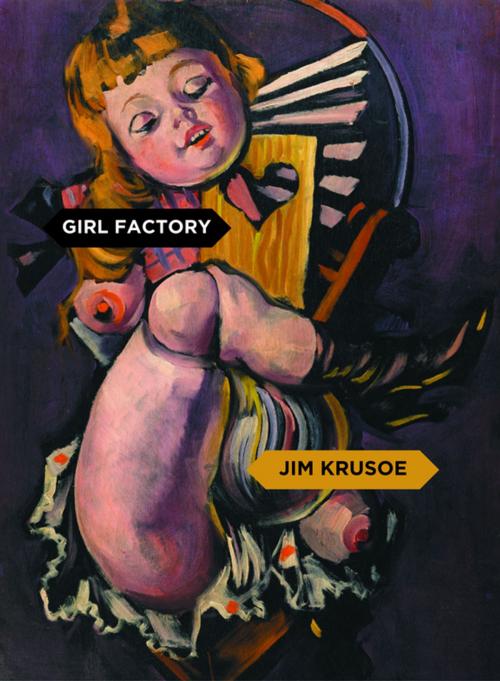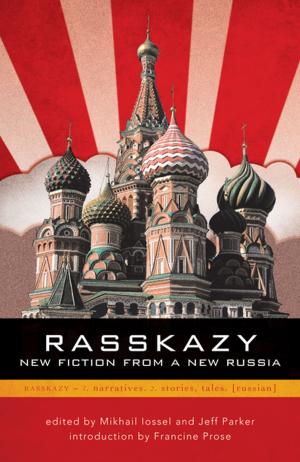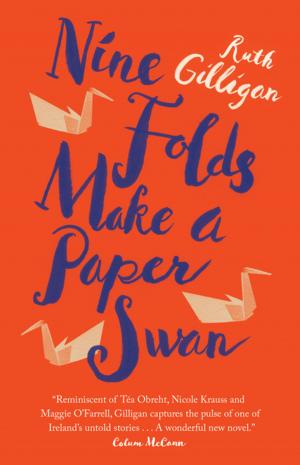| Author: | Jim Krusoe | ISBN: | 9780982053980 |
| Publisher: | Tin House Books | Publication: | April 28, 2008 |
| Imprint: | Tin House Books | Language: | English |
| Author: | Jim Krusoe |
| ISBN: | 9780982053980 |
| Publisher: | Tin House Books |
| Publication: | April 28, 2008 |
| Imprint: | Tin House Books |
| Language: | English |
Things don't always work out the way they ought to--or do they?--in this unsettling darkly comic novel. Filled with memorable characters, Girl Factory is an exploration of memory, desire, and the nature of storytelling.
A yogurt parlor in a corner mall somewhere in the city of St. Nils contains a dark secret in its basement, and Jonathan, the mostly clueless clerk who works there, just wants to fix things once and for all. But, beginning with an early encounter in an animal shelter that leaves three dead, things don’t always work out the way they ought to. Or do they? Filled with memorable characters, including two dogs (one too smart for his own good) and a retired sea captain, this unsettling darkly comic novel is an exploration of memory, desire, and the nature of storytelling. More disturbingly, Girl Factory raises questions about the ubiquitous objectification of women, the possibility for change, and the nature of freedom.
Things don't always work out the way they ought to--or do they?--in this unsettling darkly comic novel. Filled with memorable characters, Girl Factory is an exploration of memory, desire, and the nature of storytelling.
A yogurt parlor in a corner mall somewhere in the city of St. Nils contains a dark secret in its basement, and Jonathan, the mostly clueless clerk who works there, just wants to fix things once and for all. But, beginning with an early encounter in an animal shelter that leaves three dead, things don’t always work out the way they ought to. Or do they? Filled with memorable characters, including two dogs (one too smart for his own good) and a retired sea captain, this unsettling darkly comic novel is an exploration of memory, desire, and the nature of storytelling. More disturbingly, Girl Factory raises questions about the ubiquitous objectification of women, the possibility for change, and the nature of freedom.















